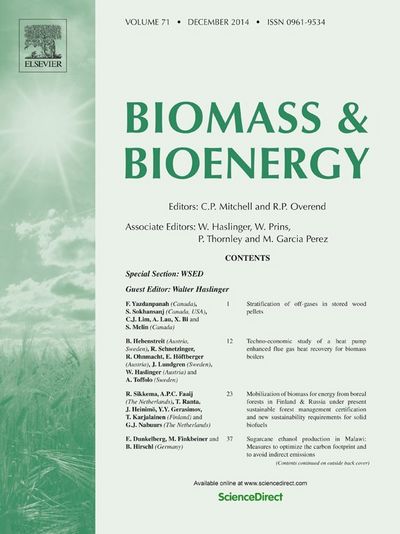Sugarcane Ethanol Production in Malawi: Measures to Optimize the Carbon Footprint and to Avoid Indirect Emissions
Sugarcane ethanol is considered to be one of the most efficient first-generation biofuels in terms of greenhouse gas (GHG) emissions. The carbon footprint (CF), however, increases significantly when taking into account emissions induced by indirect land-use changes (ILUC). This case study investigates sugarcane ethanol production in the Republic of Malawi, in Sub-Sahara Africa; the research objectives were to identify and quantify direct and indirect emissions and to identify measures to optimize the CF.



